Noel Pearson says Indigenous voice to parliament will help fight rheumatic heart disease
The deadly rheumatic heart disease was eliminated in mainstream Australia in the 1950s but children living in remote Indigenous communities continue to have some of the highest rates of the illness globally.
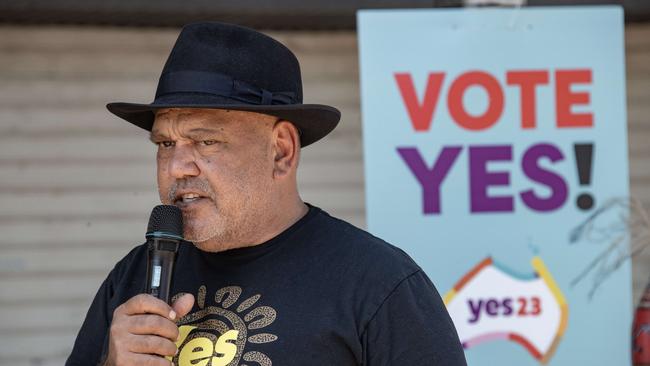
A voice to parliament would help eradicate a preventable disease causing Aboriginal children as young as five to have open heart surgery, Cape York leader Noel Pearson says.
The deadly rheumatic heart disease was eliminated in mainstream Australia in the 1950s but children in remote Indigenous communities continue to have some of the highest rates of the illness globally.
It is caused by repeated bacterial infections of the throat and skin, and thrives in communities where there are barriers to maintaining personal hygiene because of poverty and overcrowded homes.
Mr Pearson said a voice to parliament would empower Indigenous Australians to solve problems with government.
“We know there's a problem and we have the means to solve it if we had a collective partnership between our communities and governments,” he said.
“We will eradicate one disease at a time, but it requires us, the Indigenous community, to be relentless in our advocacy for this.
“We have to step up ourselves in relation to the things we can do to combat problems like (RHD).”
Australia has had a national strategy on rheumatic heart disease since 2009, but Cairns-based paediatric cardiologist Ben Reeves said the prevalence of the illness was increasing.
“Really, it is a national disgrace that it still continues to kill two Indigenous people a week when it’s entirely preventable,” he said.
Dr Reeves, who works in Cape York communities, said Queensland’s RHD program was underfunded.
“It has a massive responsibility looking after more than 4000 rheumatic heart disease sufferers in Queensland, and is staffed by a handful of clinical nurses,” he said.
Former Young Australian of the Year Tania Major, from the 1000-strong Kowanyama community on the western side of Cape York, said the status quo was not working to close the gap.
“There‘s a huge disconnect between what’s happening and what we actually want – that is why a voice is so critical,” Ms Major said.
“Hear us to improve the system … then you can all stop blaming us for the money.
“Give us the responsibility.
“We’re trying to reach out to (the government) and say ‘Walk with us, come with us and help us solve our preventable disease’.”
A Queensland Health spokesman said more than $10m was being invested in RHD initiatives.
“Queensland is the only state to have a targeted strategy to eliminate RHD among First Nations people,” he said.
“Queensland Health has recruited six Indigenous health workers with a specific focus on clinical (acute rheumatic fever) and RHD care positions and environmental health positions located at Badu Island, Thursday Island, Cooktown, Townsville and Cairns.”


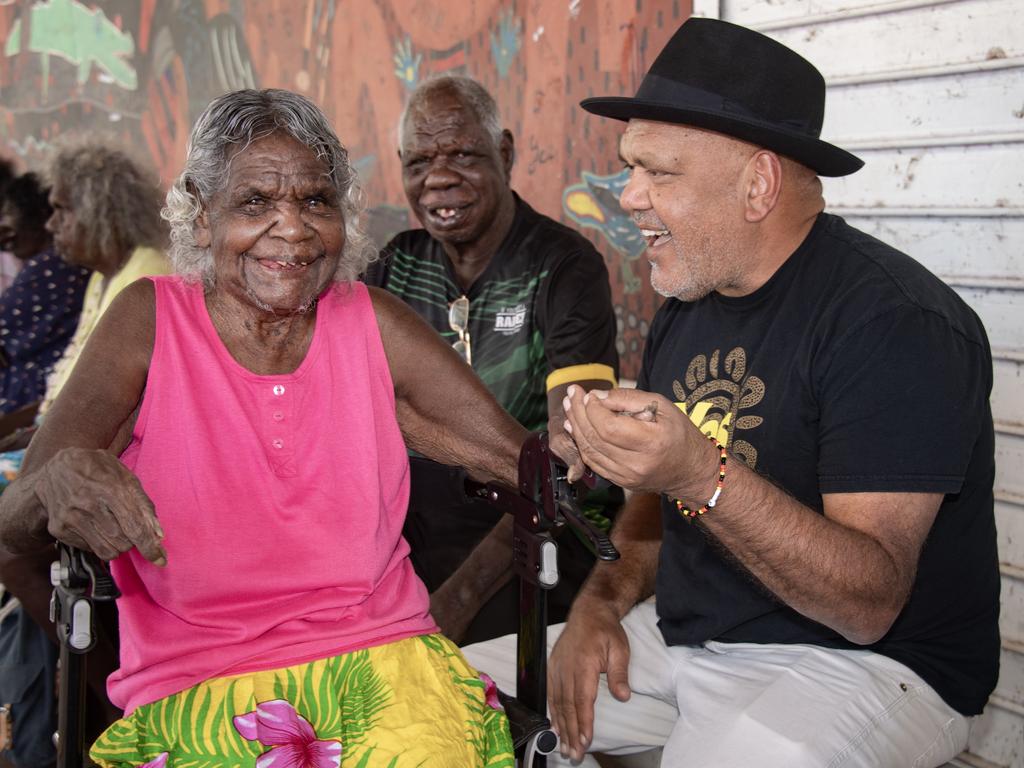

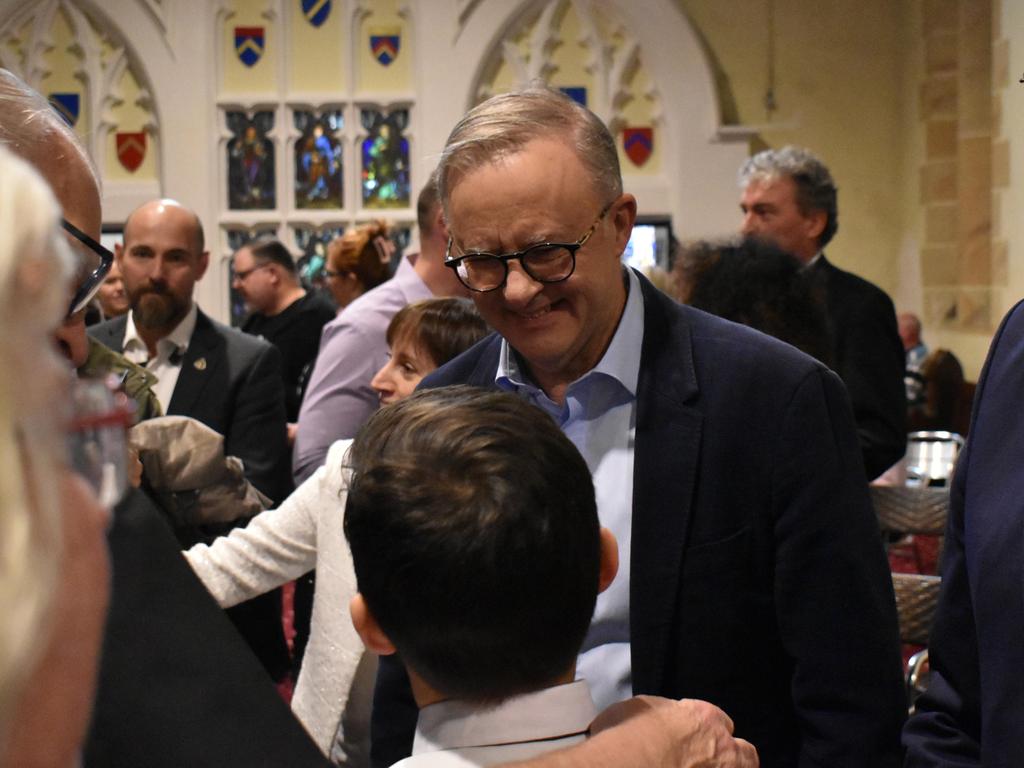
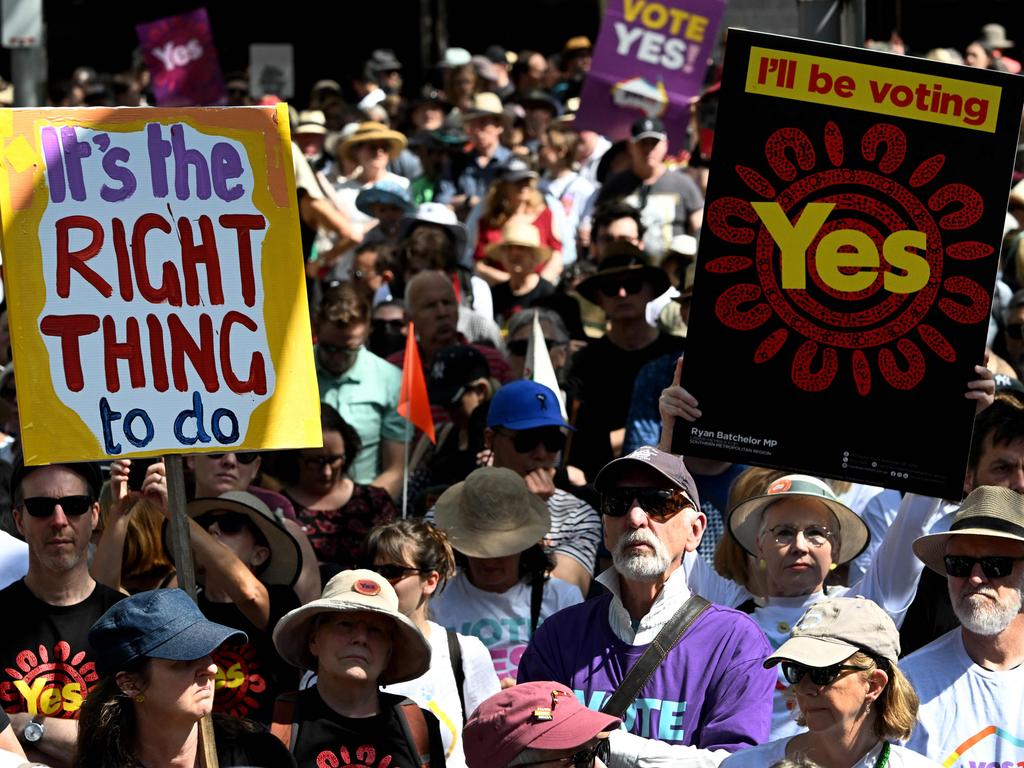
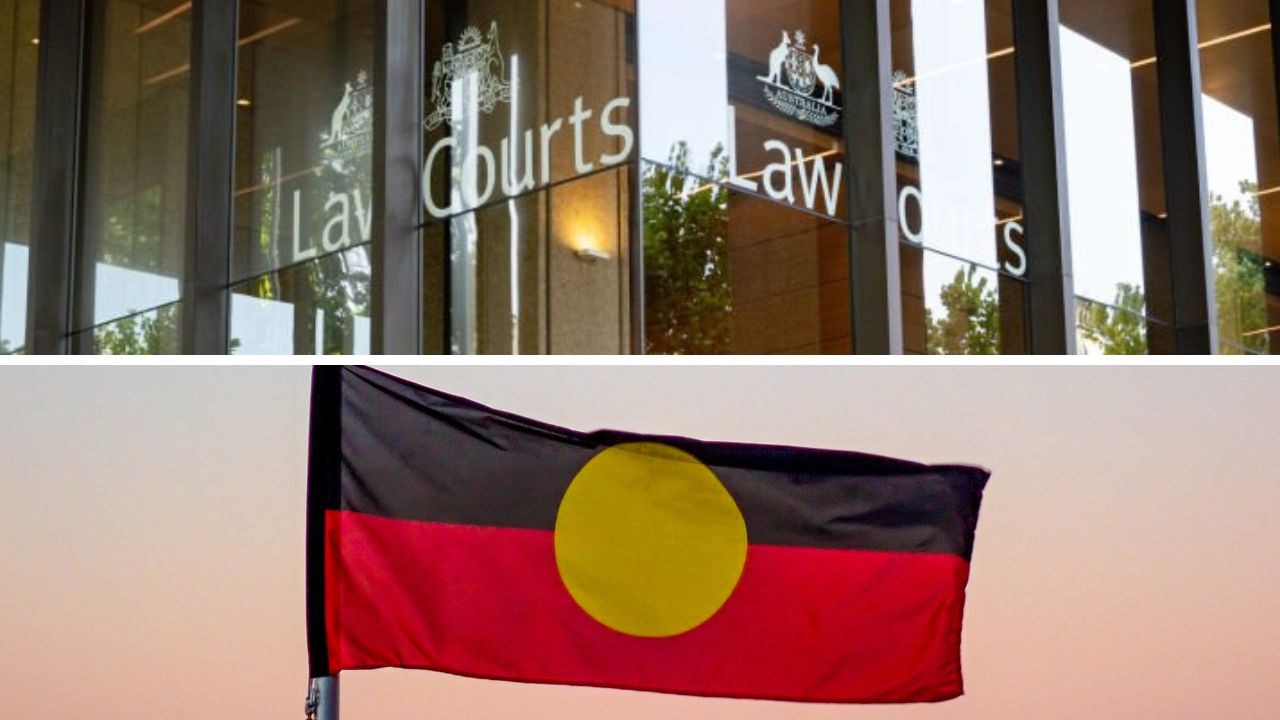
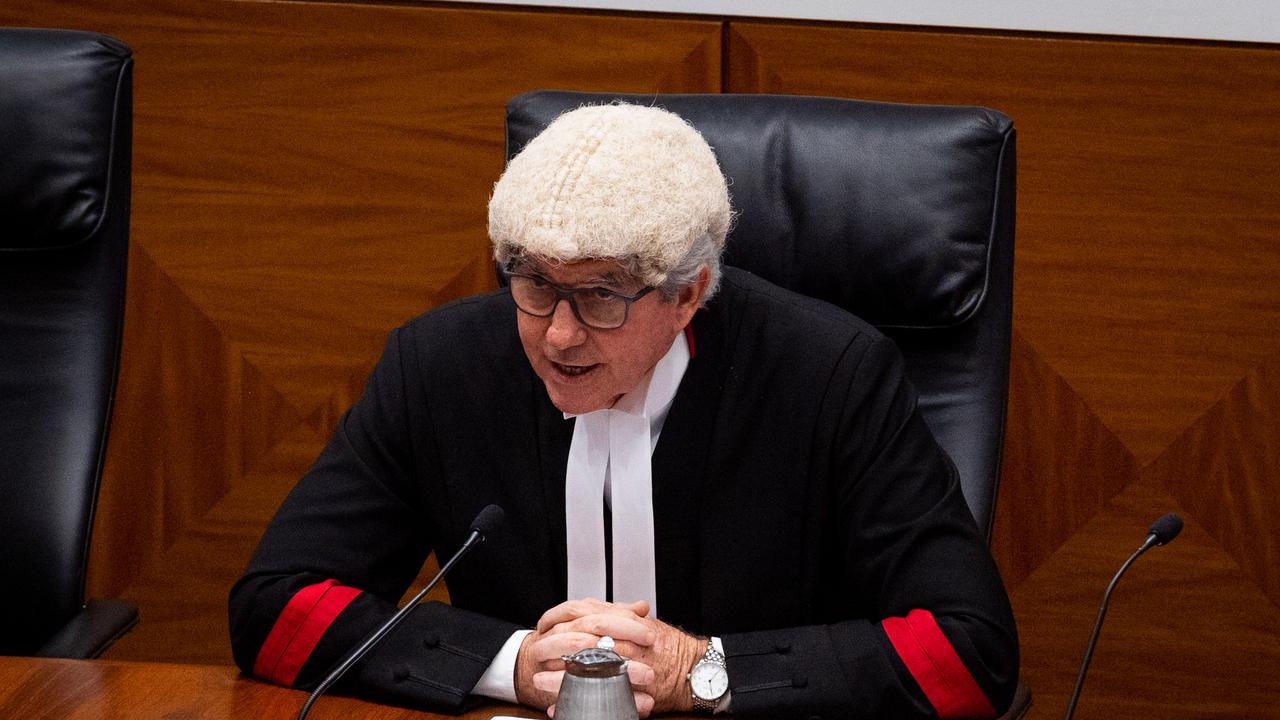
To join the conversation, please log in. Don't have an account? Register
Join the conversation, you are commenting as Logout